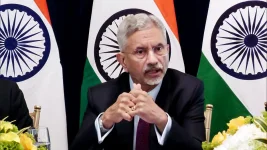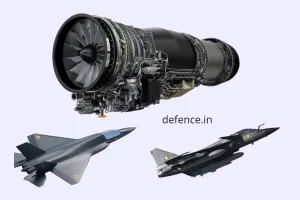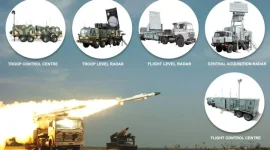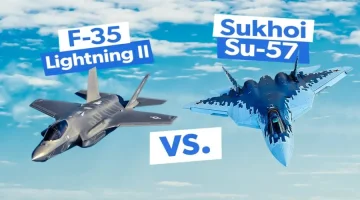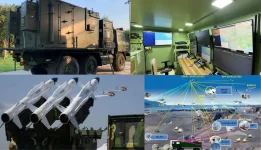
As Indian External Affairs Minister S. Jaishankar prepares to meet with U.S. Secretary of State Antony Blinken, long-standing tensions within the India-U.S. relationship have resurfaced, primarily centered around India's continued ties with Russia. The timing of this meeting is crucial, as recent developments threaten to further strain bilateral relations.
A major point of contention is the sale of General Electric's F-414 engines to India, a deal that includes a substantial 80% transfer of technology (ToT). This transaction is vital for India's defense modernization efforts and its pursuit of indigenous fighter jet programs. However, reports indicate that the U.S. may be slowing down the approval process for this sale, raising concerns in India.
Many in the U.S. Congress have voiced their disapproval of Indian Prime Minister Narendra Modi's visits to Russia and India's ongoing engagement with Moscow. They are calling for India to clarify its stance, particularly in light of the heightened geopolitical tensions following Russia's actions in Ukraine. The U.S. has a history of using its influence over weapon supplies to sway India's foreign policy decisions, and there is growing apprehension that it might resort to similar tactics once again.
The U.S. has previously paused or delayed military supplies to India during times of disagreement over international incidents. This pattern has fueled skepticism within Indian strategic circles regarding the reliability of the U.S. as a defense partner. Some experts perceive the potential slowdown in the F-414 engine sale as a strategic maneuver to extract favorable policy shifts from India.
For India, any delay in the F-414 engine deal could have significant strategic ramifications. The engines are crucial for the Tejas Mk2 fighter jet program and other indigenous defense projects. A holdup could hinder India's defense capabilities and its broader goal of achieving self-reliance in military technology.
The upcoming meeting between Jaishankar and Blinken will provide a critical platform to address these concerns. India is expected to underscore the importance of the F-414 engine deal and seek assurances against any further delays. Additionally, India will likely reiterate its commitment to a balanced foreign policy approach, which includes maintaining strategic autonomy and diversifying its international partnerships.
Indian defense and foreign policy experts caution that using defense supplies as a diplomatic tool could be counterproductive. It could prompt India to accelerate its efforts to diversify its defense procurement sources and reduce dependence on any single country. Moreover, such actions could erode the strategic trust that has been built over years of cooperation between India and the U.S.
The situation remains fluid, and the outcome of the Jaishankar-Blinken meeting will be closely watched by both countries and the international community. The future trajectory of the India-U.S. relationship hinges on how these pressing issues are addressed and resolved.

